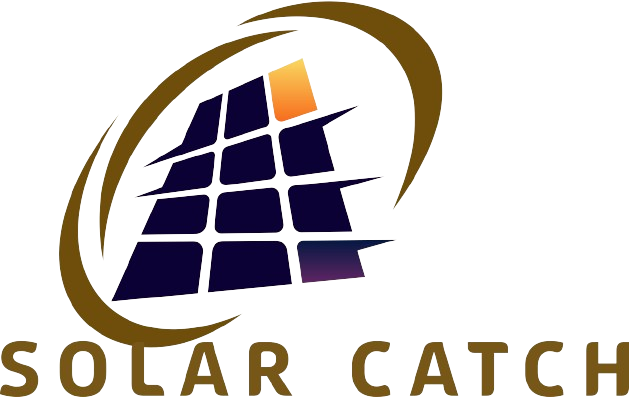Frequently Asked Questions
Solar Panels Queries
Explore answers to common queries about our Solar Catch solutions.
Solar panels, also known as photovoltaic (PV) panels, are devices that convert sunlight into electricity using semiconductor materials. When sunlight hits the solar panels, photons from the sunlight are absorbed by the solar cells, creating an electric current. This direct current (DC) electricity is then converted into alternating current (AC) electricity using an inverter for use in homes and businesses.
Solar panels are designed to be durable and long-lasting, with typical warranties ranging from 25 to 30 years. With proper maintenance and care, solar panels can continue to generate electricity for 25 years or more, providing a reliable source of renewable energy for your home or business.
Several factors can affect the efficiency of solar panels, including:
Roof orientation and tilt: South-facing roofs with a tilt angle matching the latitude of the installation site typically receive the most sunlight.
Shading: Trees, buildings, or other obstructions that cast shadows on solar panels can reduce their efficiency.
Panel quality: High-quality solar panels with efficient photovoltaic cells can produce more electricity per unit of sunlight.
Solar panels generally require minimal maintenance, but regular cleaning and inspections are recommended to ensure optimal performance. Cleaning the panels with water and a soft brush can remove dust, dirt, and debris that may accumulate over time. Additionally, annual inspections by a qualified technician can identify any issues and ensure that the system is operating efficiently.
Yes, government incentives like Small-scale Technology Certificates (STCs) and the Solar Victoria Rebate (SVR) Program offer financial benefits to offset the cost of solar panel installation. STCs are tradable certificates, while the SVR Program provides rebates to eligible households in Victoria, Australia. These incentives make solar energy more accessible and affordable for homeowners and businesses.
Solar Inverters FAQ'S
A solar inverter is a device that converts the direct current (DC) electricity generated by solar panels into alternating current (AC) electricity that can be used to power your home or business. It is necessary because most electrical devices and appliances operate on AC electricity, so the electricity produced by solar panels must be converted before it can be used.
There are several types of solar inverters available, including string inverters, microinverters, and power optimizers. String inverters are the most common type and are installed at the system level, converting the DC electricity from multiple solar panels into AC electricity. Microinverters and power optimizers are installed at the individual panel level, allowing for greater system monitoring and optimization.
The lifespan of solar inverters varies depending on factors such as quality, brand, and operating conditions. On average, most solar inverters have a lifespan of 10 to 15 years, but this can vary depending on the manufacturer and maintenance practices. Regular maintenance and monitoring can help extend the lifespan of your solar inverter and ensure optimal performance.
When choosing a solar inverter, consider factors such as efficiency, reliability, warranty coverage, and compatibility with your solar panel system. It's essential to select an inverter that meets your energy needs and integrates seamlessly with your solar panel installation.
Many modern solar inverters come with monitoring capabilities that allow you to track energy production, system uptime, and any potential issues in real time. These monitoring tools typically interface with a smartphone app or web portal, allowing you to access your system's performance data from anywhere.
Yes, many solar inverters are compatible with battery storage systems, allowing you to add battery backup to your solar panel installation. Battery storage systems store excess solar energy for use during times when the sun isn't shining, such as nighttime or cloudy days, providing backup power and increasing energy independence.
Solar Batteries FAQ'S
A solar battery, also known as a solar energy storage system, stores excess electricity generated by solar panels for later use. When your solar panels produce more electricity than your home consumes, the excess energy is stored in the battery. During periods of low sunlight or high energy demand, the stored energy is discharged from the battery to power your home.
Solar batteries offer several benefits, including:
Energy independence: By storing excess solar energy, you can reduce reliance on the grid and ensure a stable power supply during outages.
Cost savings: Solar batteries allow you to maximize the self-consumption of solar power, reducing your reliance on grid electricity and lowering your energy bills.
Environmental impact: Using stored solar energy reduces reliance on fossil fuels, lowering greenhouse gas emissions and contributing to a cleaner environment.
The lifespan of a solar battery depends on factors such as battery chemistry, depth of discharge, and operating conditions. On average, most solar batteries have a lifespan of 10 to 15 years. Proper maintenance and regular cycling can help extend the lifespan of your solar battery.
Yes, solar batteries are designed with safety features to prevent overcharging, overheating, and other potential hazards. Additionally, our reputable manufacturers subject their batteries to rigorous testing to ensure safety and reliability. Proper installation and maintenance are essential to minimize the safety risks associated with solar batteries.
Solar batteries generally require minimal maintenance, but regular inspections and monitoring are recommended to ensure optimal performance. Check the battery's state of charge regularly and clean the terminals as needed. Additionally, follow manufacturer recommendations for temperature and charging settings to prolong the battery's lifespan.
Have any other question
These are just a few FAQs about solar inverters. If you have any further questions or need more information, feel free to reach out to us. We’re here to help you navigate the world of solar energy!

